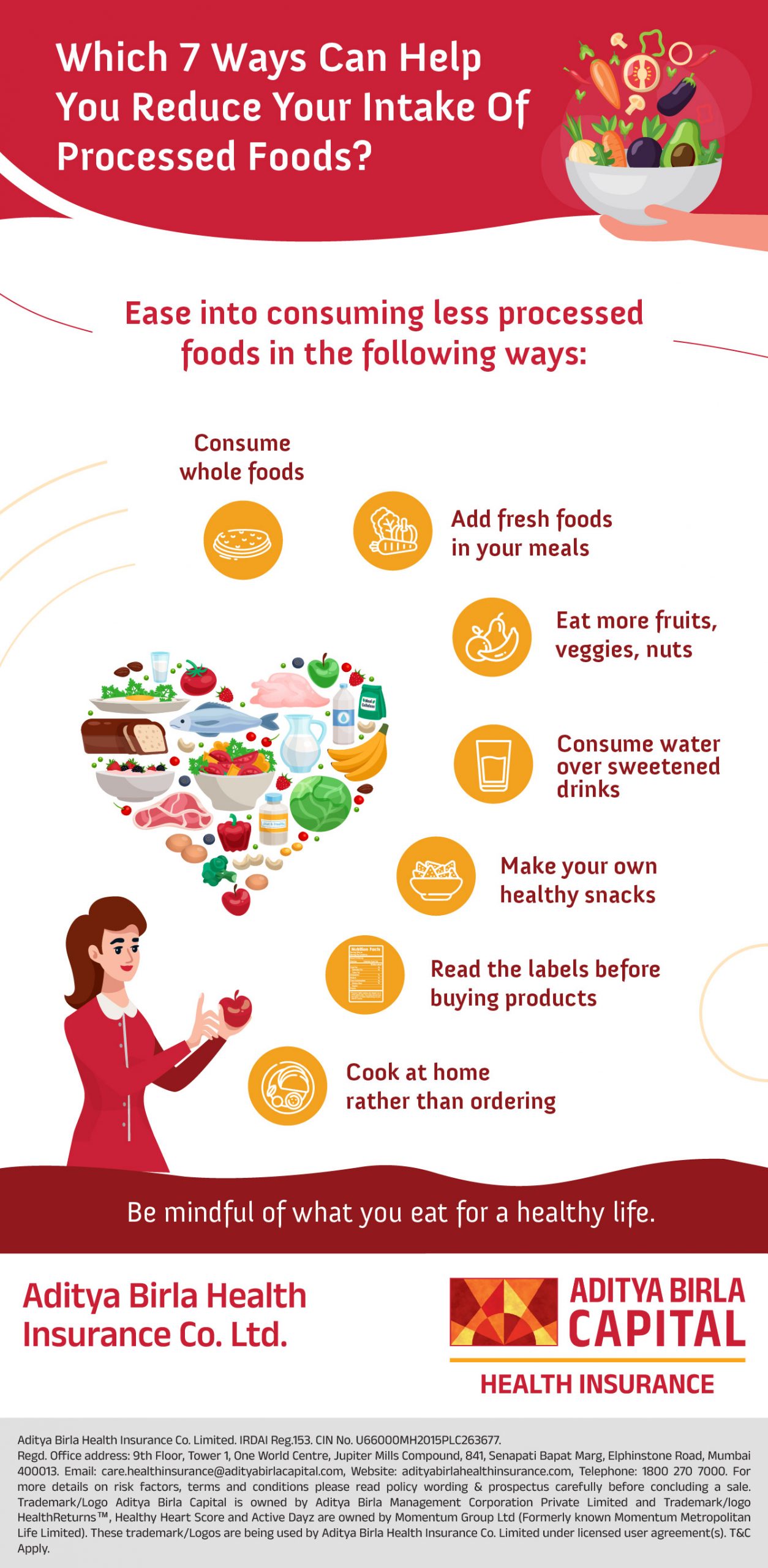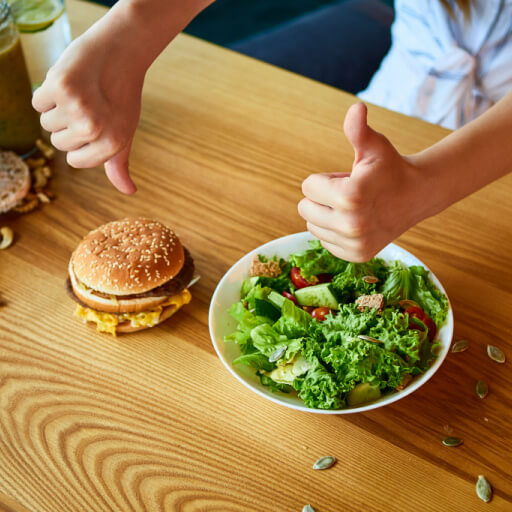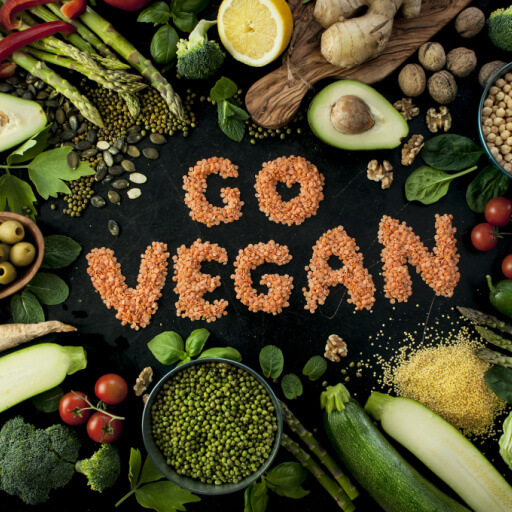
Processed foods are inferior compared to unprocessed foods. They may include packaged food items containing artificial flavor, colors, preservatives, hydrogenated oil, saturated fats, sodium, sweeteners such as fructose, corn syrup, inverted sugar, bulking, foaming or gelling agents, or other chemical additives. Also known as convenience food, processed foods are considered a primary contributor to conditions like obesity, type 2 diabetes, high blood pressure, and increased risk of cardiovascular diseases. Therefore, it is essential to read nutrition labels before buying food products.
Processed or ultra-processed foods destroy the raw industrial commodity as it undergoes many processes – washing, cleaning, milling, cutting, chopping, heating, pasteurizing, blanching, cooking, canning, freezing, drying, dehydrating, mixing, and packaging. This alters the natural structure of food ingredients and can harm your body. Ultra-processed foods go beyond salt, sweeteners, or fat to include artificial preservatives that boost the food’s shelf life, preserve its texture, and increase its palatability. These ready-to-eat foods require minimal additional preparation. It is a high-calorie food low in fiber, nutrients, minerals, and phytochemicals. Some examples of such foods include cookies, chips, crackers, sugary drinks, energy drinks, fruit punch, candies and confectionery, breakfast cereals, packaged buns and bread, energy and protein bars, frozen pizza, or luncheon meats.
Take a look at how you can remove processed foods from your diet and choose healthier alternatives for the proper functioning of your digestive system:
- Consume whole foods, such as fruits and vegetables (including fresh, frozen, and unsweetened dried produce), grains (brown rice and buckwheat), legumes (beans and lentils), fresh or pasteurized milk, nuts and seeds, herbs and spices, meat, poultry, eggs, and fish.
- Supplement your meals with fresh foods. Add some easy extra fruits and veggies to make your meals more nutritious – spinach into breakfast potatoes, bulkier vegetables (carrots, broccoli, cauliflower, etc.) into taco fillings or casseroles, sliced fruits to breakfast oats or yogurt.
- Snack on fruits, vegetables, nuts, popcorn, or makhanas when you are hungry instead of chips, crackers, and fried junk food.
- Drink plenty of water, coconut water, or unsweetened teas over sweetened beverages.
- Make your own healthier snacks. Replace processed foods with homemade kitchen staples.
- Read the labels before buying any product. The 3S’s – salt, sodium, and saturated fats – are good markers of whether the product is processed or healthy. The calorie count might seem low but check the serving size.
- Cook at home rather than ordering food every other day. When you are short on time, prepare your food, as it lets you decide the ingredients and the amount that goes into it. You can also prepare staple food ahead of time and freeze entire meals. You can enjoy these minimally processed foods later.
Stay active in the Activ Living Community to find more details on nutrition and mindfulness.





 1800-270-7000
1800-270-7000









